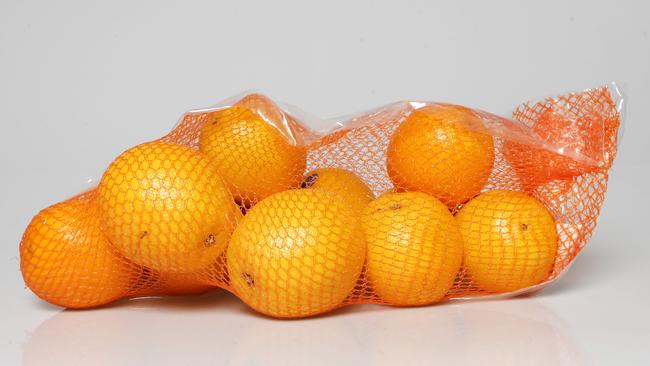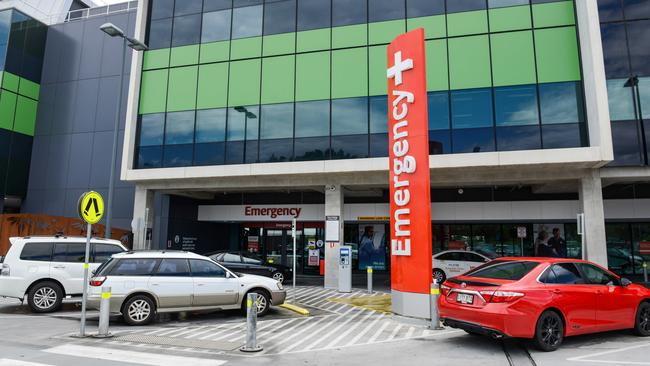Equivalent vitamin C of 5000 oranges a benefit sick ICU patients with sepsis, study shows
We’ve all heard the saying ‘an apple a day keeps the doctor away’. But could the equivalent of 5000 oranges in one hit be the silver bullet for a potentially fatal condition?
SA News
Don't miss out on the headlines from SA News. Followed categories will be added to My News.
Megadoses of vitamin C – the equivalent of 5000 oranges – may be the solution to fighting potentially fatal sepsis in intensive care patients, Royal Adelaide Hospital researchers believe.
Associate Professor Mark Plummer is part of a team in a world-leading trial examining whether a megadose of a derivative of vitamin C called sodium ascorbate can improve outcomes for such patients.
Sepsis occurs due to an exaggerated response to an infection where an overactive immune system damages the body’s own tissues and organs. This can lead to shock, multi-organ failure or death when not treated quickly.

The condition can affect people of all ages and patients across a broad range of clinical specialties but in Australia is particularly prevalent in newborns, older people, and Aboriginal and Torres Strait Islander people.
Patients with sepsis are treated with medications such as antibiotics, which are not always effective if not provided immediately.
In this trial, patients are given an intravenous dose of 270g of sodium ascorbate over 48 hours – the equivalent of about 5000 oranges or 500 vitamin C tablets.
Prof Plummer said an estimated 18,000 Australian adults are treated in ICUs for sepsis each year and around 5000 of these people die.
“Using vitamin C to treat sepsis has had mixed results in previous studies, however we believe a megadose of the vitamin C derivative, sodium ascorbate, may be the key to creating an effective treatment,” he said.
“Our research is exciting as it has the potential to change the way sepsis is managed worldwide.”
Human trials are continuing at the RAH, Royal Melbourne Hospital and Monash
Medical Centre, in partnership with the Florey Institute and The Hospital Research Foundation Group.

Prof Plummer will discuss the work as part of this year’s RAHsearch on Monday and Tuesday. RAHsearch is an annual public event showcasing research at the Central Adelaide Local Health Network with free hour-long presentations also live streamed via Facebook.
Another session will discuss new research led by Associate Professor Shilpa Jesudason which is helping more women with kidney disease to safely start a family.
In the largest study of its kind, researchers studied more than 390 pregnancies after kidney transplant between 2000-2021 and found that while the rate of pre-eclampsia nearly doubled in pregnant people with kidney disease, this did not negatively affect the long-term function or survival of their transplant.
Prof Jesudason said: “We knew women with kidney disease and transplants are more likely to get pre-eclampsia – what we didn’t know was whether this affected the transplant in the long term, after the baby is delivered.
“This data can be very reassuring to women, their families, their donors, and their doctors, as it found the risk of losing a kidney transplant due to pregnancy, even with pre-eclampsia, is low.”



